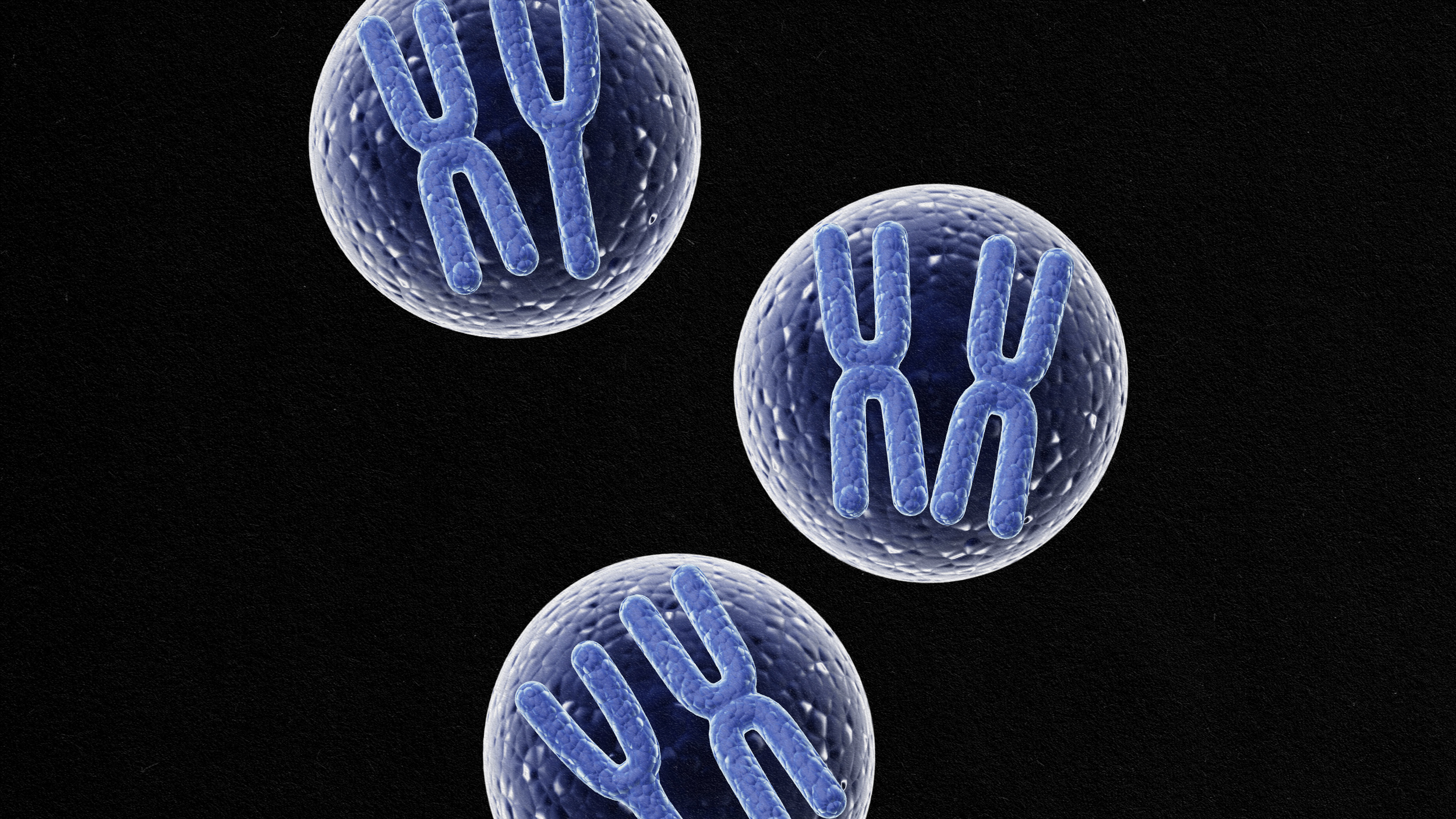Stem Cells Treat Baldness

What’s the Latest Development?
A group of Yale scientists recently used a stem cell procedure to stimulate the growth of hair in mice whose follicles had become dormant. The experiment was encouraged by evidence that spontaneous hair regrowth, known as neogenisis, is common in nature. “Basing its studies on mice incapable of producing fat cells, the Yale group injected adipose precursor cells from healthy mice into the defective ones. … Two weeks after the injection, 86% of the dormant follicles were sprouting hair.”
What’s the Big Idea?
Only three in seven men make it to old age with all their hair intact. And while numerous treatments exist to treat male-pattern baldness, they typically carry side effects that outweigh the drugs’ benefits. So why do more men go bald than women? “Because the genes that promote baldness are recessive…both of a woman’s X-chromosomes would need to have a set of defective genes in order to express the typical pattern of male baldness. That would be most unlikely. Men, however, have but a single X-chromosome in their cell nuclei, so such masking is not possible.”





